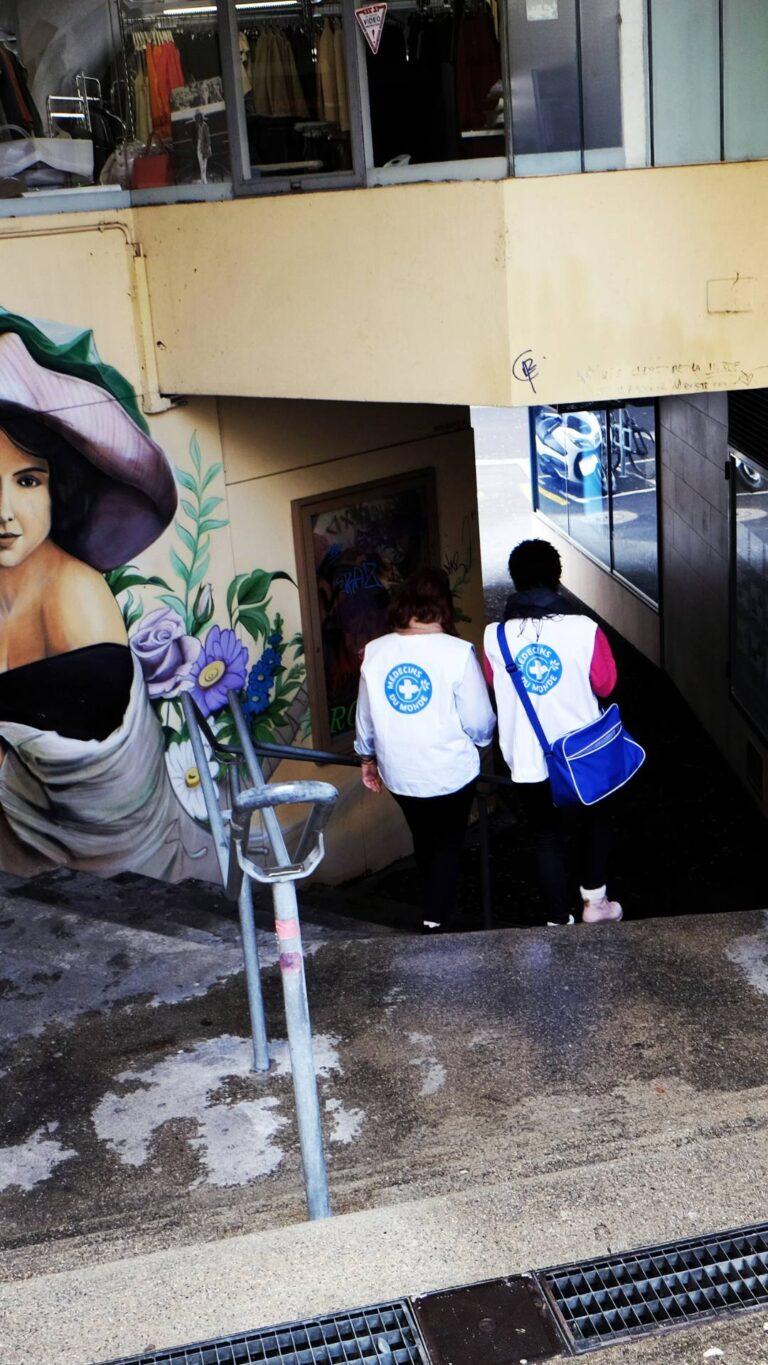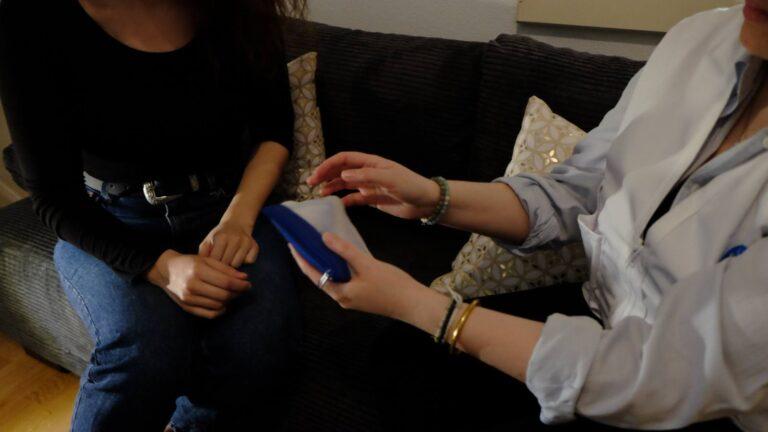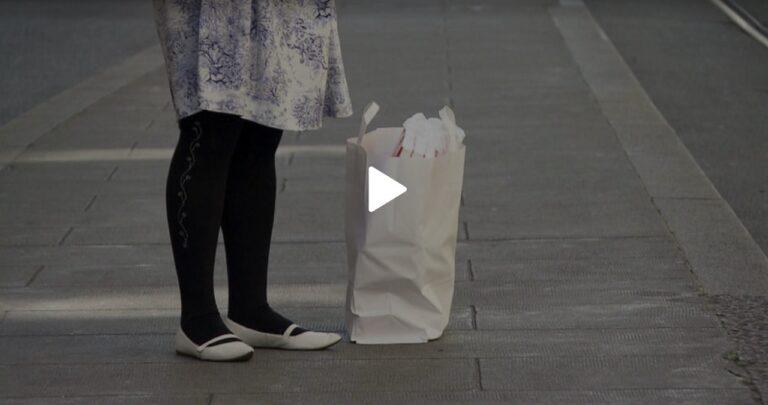Testimonials
Maëlle, THAYS project manager
Maëlle, THAYS project manager
Maëlle, THAYS project manager
Maëlle, THAYS project manager
Maëlle, THAYS project manager
Maëlle, THAYS project manager
Maëlle, THAYS project manager
Maëlle, THAYS project manager
Maëlle, THAYS project manager
Maëlle, THAYS project manager
Maëlle, THAYS project manager
Maëlle, THAYS project manager
Maëlle, THAYS project manager
Maëlle, THAYS project manager
Maëlle, THAYS project manager
Maëlle, THAYS project manager
Maëlle, THAYS project manager
Maëlle, THAYS project manager
Maëlle, THAYS project manager
Maëlle, THAYS project manager
Maëlle, THAYS project manager
















